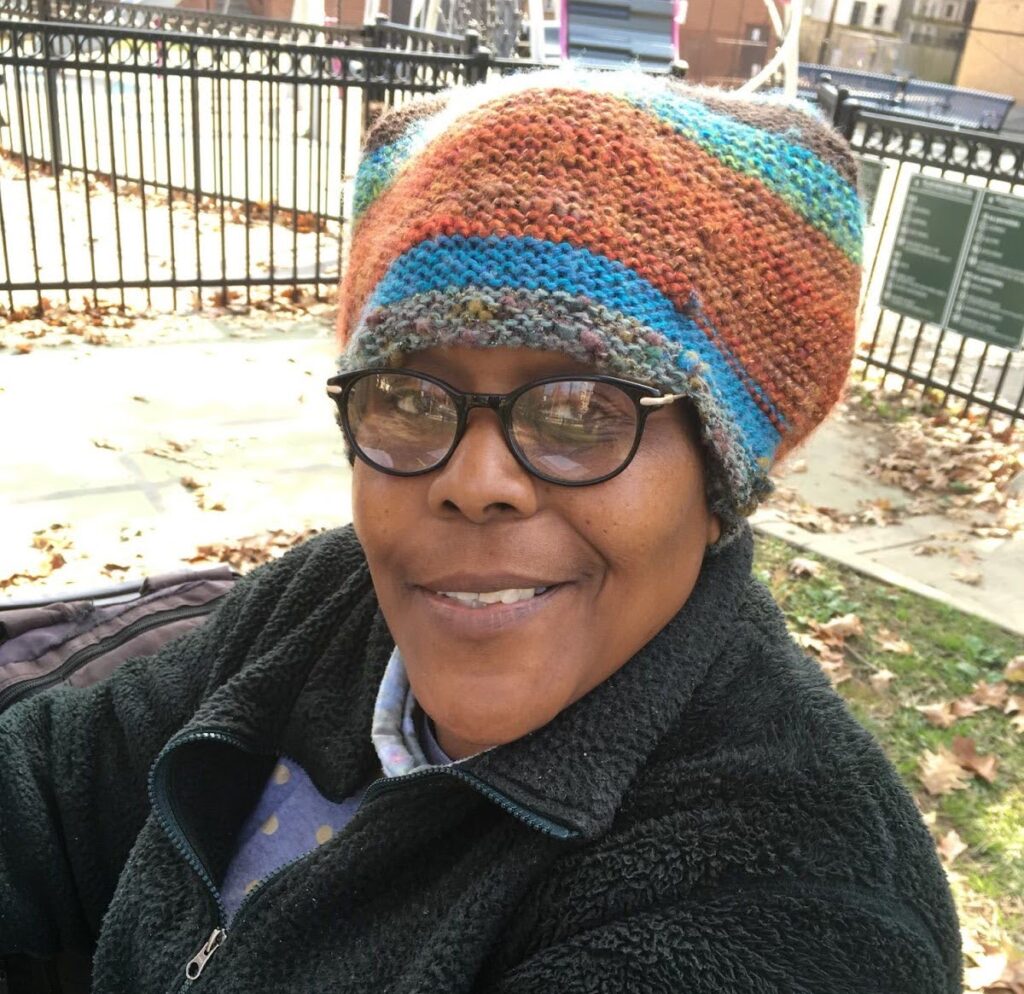This article was featured in the April 29 digital-only edition of Street Sense. Until it is safe to resume person-to-person sales, you’ll always be able to find the current digital-only edition at streetsensemedia.org/Digital Thank you for reading! Please continue to support our vendors through our mobile app (streetsensemedia.org/App).
I
often wonder how many people have heard about time-based currency. This is how former Democratic presidential candidate Andrew Yang describes it: “Time banking is a system through which people trade time and build credits within communities by performing various tasks — transporting an item, walking a dog, cleaning up a yard, cooking a meal, providing a ride to the doctor, and so on.”
I could see this being a social good right now for so many of my friends. For instance, Sally volunteers at a community club and pours her heart-and-soul into all the activities. But there are only four paid positions and, even though Sally could use the money, she and about 10 other volunteers are repeatedly passed over each time the organization is hiring. Imagine if Sally had about 20,000 social credits for her volunteer work in a time-banking account! She could trade those credits in for necessities, services in kind, and even VIP perks, such as getting to meet a celebrity in person. (Although
that’s important too for sensitive people like me.) The Sallies I know would be thrilled, and so many more people would start reinvesting in their communities and creative passions.
Edgar Cahn, a law-professor and anti-poverty activist, is credited with founding modern time banking in the ‘80s and ‘90s. There are already time-banking systems in about 200 communities around the United States! In the District, the D.C. Timebank has 263 members who have exchanged 1,105 hours.
Even though I hate getting messaged a lot, a cheerful “Thanks for helping out today as a tutor! You have earned 100 Social Credits” might help me feel more than just appreciated. Not too many people I know are like Janet or George, who volunteer so many hours with the People for Fairness Coalition; or all the exceptional chefs at So Others Might Eight, Miriam’s Kitchen, and D.C. Central Kitchen. With time-banking, they could be rewarded and recognized for being great role models and an inspiration for all of us.







